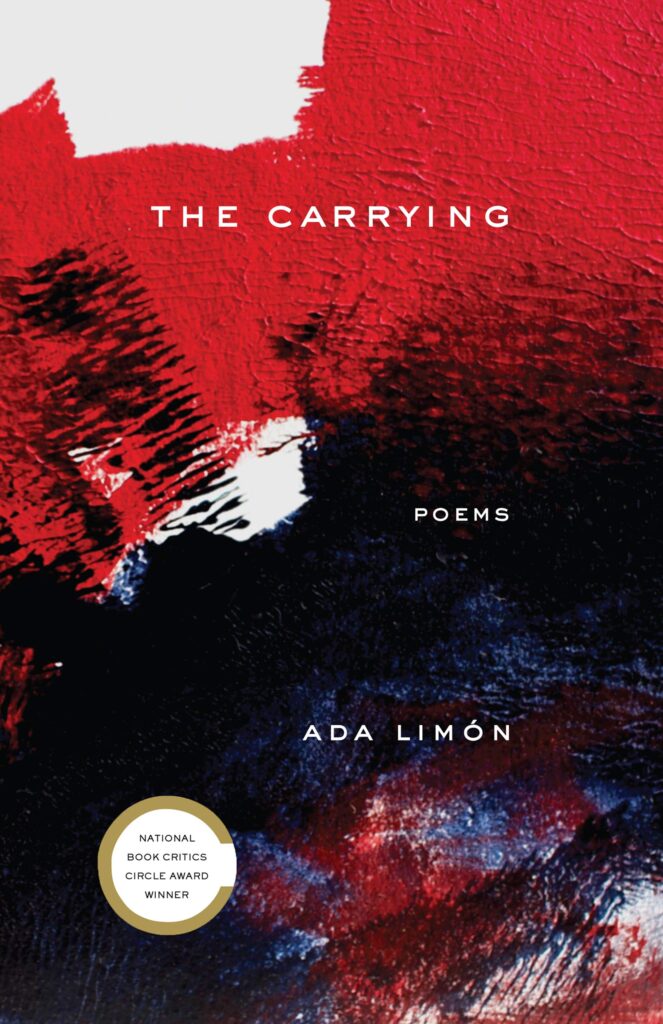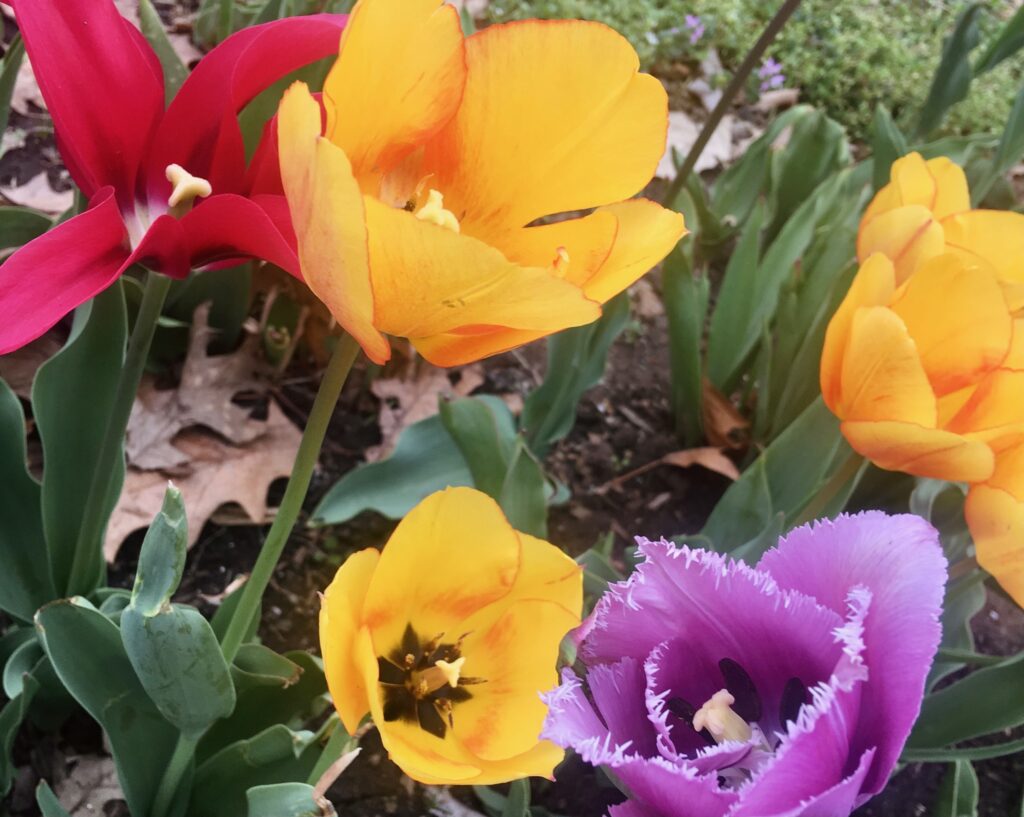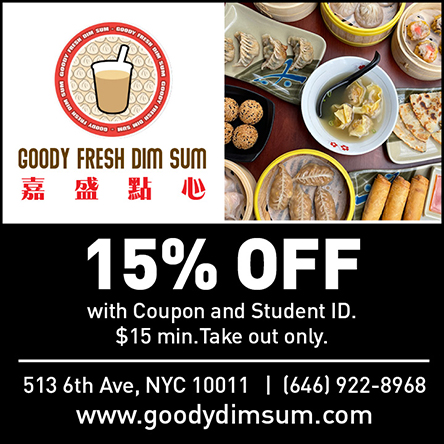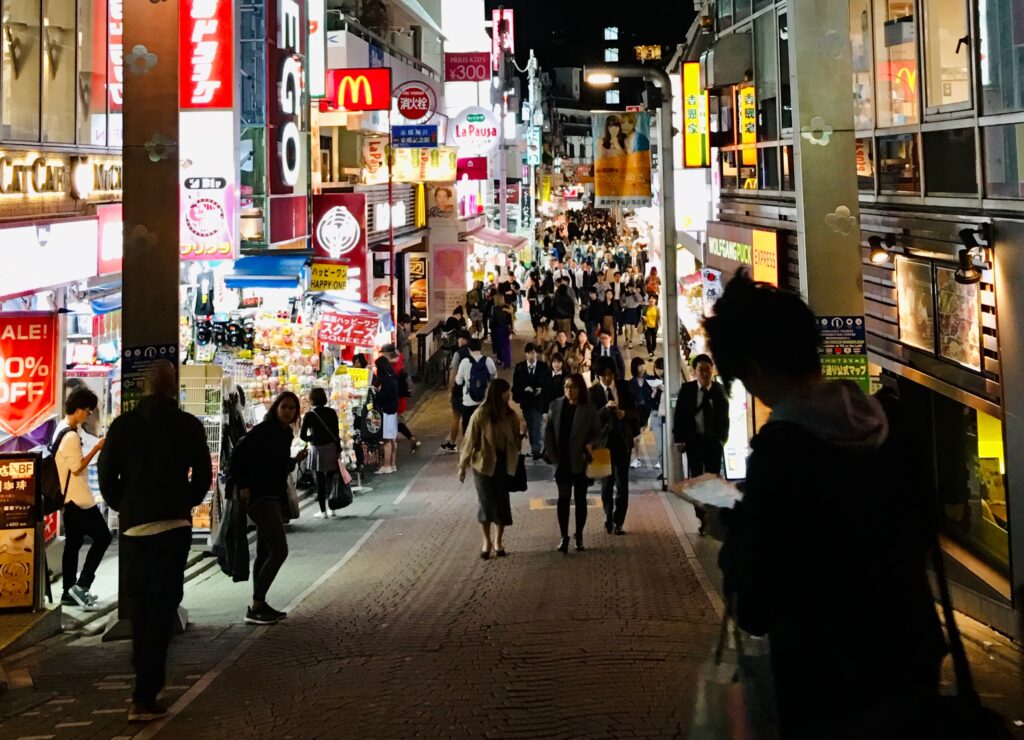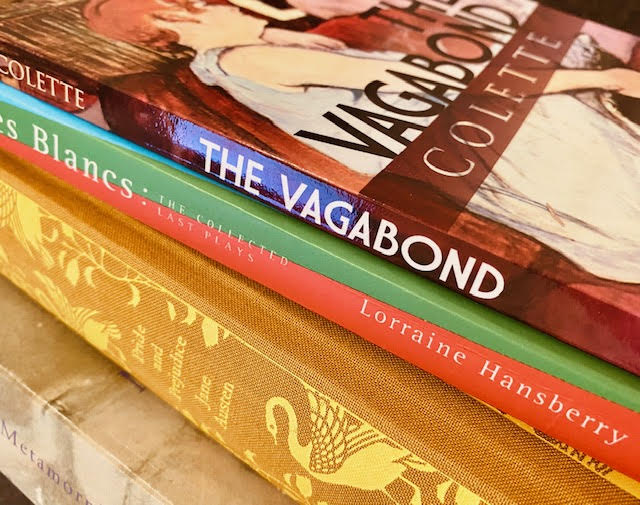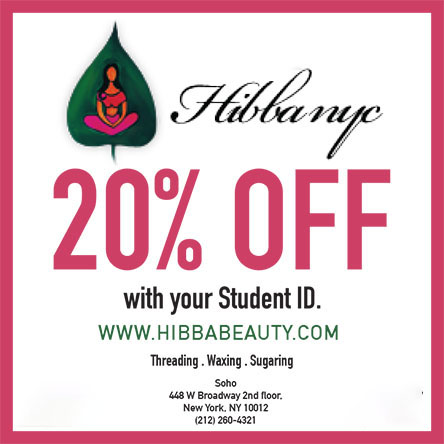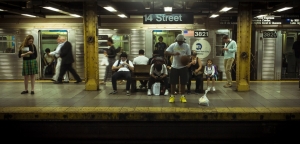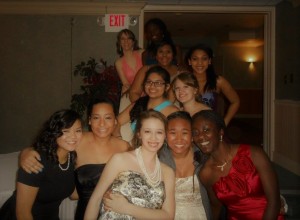As I began my journey towards letting go of perfectionism and taking things one step at a time, I started wondering how I could find ways to really enjoy the process and take advantage of the resources or opportunities that I had. I looked towards the community around me, and found that my university’s diverse student body was a great place to start. My peers came from a variety of cultures and backgrounds and were all more than willing to share their insight and experiences about the places that they’ve been, and I found myself invigorated by their passion. Surrounded by people who were so enthusiastic about exploring the world, I grew curious about other places and cultures as well, and soon took up traveling.

When I first left the comfort of home for an education in Abu Dhabi, I had no idea what I should expect, and I admit I had my biases and misconceptions about the region as well. But living within the city and learning, both through classes and through daily interactions, about the country and culture opened my eyes to a different understanding of a place that I had no familiarity with, and I gradually began to view Abu Dhabi as another, albeit temporary, “home.” It became comforting for me to look out my window and see endless stretches of sand, walk through the city with a cup of karak in hand, and chat with local vendors about their time in the country. Stepping out of my comfort zone meant that I had the chance to witness a culture unlike my own, and within it, I found a beautiful sense of growth.
I was very lucky that my university takes a very global perspective on education, and opportunities like studying abroad are greatly encouraged within the community. Not only that, my fellow students are all more than passionate about globetrotting, and every break from studies is seen by many as another chance to plan a trip on a budget. Naturally, if I was able, I followed along, eager to witness the many wonders that foreign destinations held in store. I took the chances I had to see monuments of history, such as the Parthenon in Athens or the Panama Canal, and I felt that through these travels, my view of the world expanded little by little. I understood that I had the privilege to see more of the world, and as such I wanted to take advantage of it to learn as much as possible. I wanted to become a more educated and open-minded individual, willing to learn and hear from other perspectives not just because I should, but also because they originate from a background drastically different from my own, and consequently are a source for me to learn from as well.
Beyond just education and enrichment, I believe that traveling has also taught me a lot of valuable lessons about life and about myself. I’ve learned to be cautious about my surroundings, and I’ve also felt deeply, that despite my perfectionist disposition, things can rapidly spiral out of control, and as such it’s much more important for me to be able to adapt than it is that I have everything planned out to the smallest detail. I have no shortage of travel mishaps that have taught me this, whether it’s sprinting through the airport to catch my flight right as the gate was closing, encountering issues with passports and visas, or being stranded without internet connection in an unfamiliar place. These incidents have tested my patience, my stress management, and my critical thinking time and time again, and I believe I’ve grown all the more resilient for it. Most importantly, I think I’ve gotten problem solving down to a systematic approach: stay calm (and sit down if necessary), take stock of the situation, understand and inquire about any solutions, contact someone for help if the situation allows, and negotiate. I’ve found that more often than not, keeping calm about the situation is the key to resolving it efficiently, because the answers are more often than not simpler than I tend to think, but when panic overrides my system, I miss that understanding completely.
One other major thing I’ve learned through these mishaps is that people are also kinder than I tend to expect. I have a tendency to be wary about others when I’m in a foreign place, and while that definitely is necessary and important to remember, I’ve also safely resolved a lot of issues with the kindness of others, especially because it’s almost impossible to anticipate everything that might go awry. There have been lovely old ladies who pointed out who to talk to when I was having issues in the airport and helped make sure I made it to my flight, and there have been kind locals who, despite language barriers, drove me to my hotel when I couldn’t find any other way to make it back.
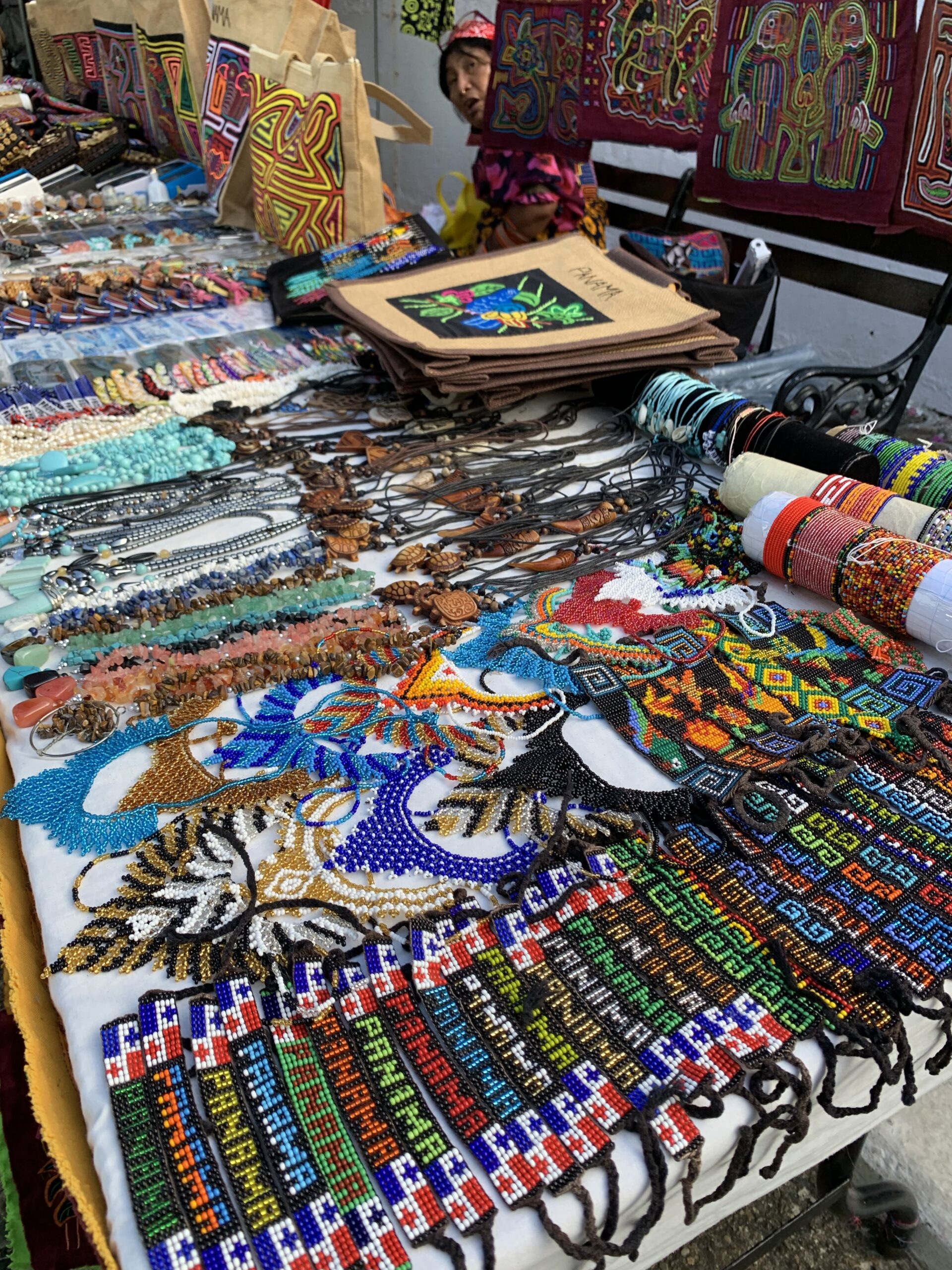
Traveling can be stressful and nerve-inducing, especially when you tend to overthink and seek control of things like I do, but my trips are amongst the most challenging and rewarding experiences that I’ve had. As I discussed in my previous blog, I found that wanting everything to be “perfect” stopped me from taking a lot of chances, and traveling was perhaps the biggest step I took towards breaking past that fear. I immersed myself in a “risk” and found, despite the dangers that seemed to be lurking, that the world was a much larger and more interesting place than I ever would have imagined.
Use this student discount for a place to store your belongings when you pack up for your next big trip!

By: Fiona Lin
Fiona Lin is a rising senior at New York University’s Abu Dhabi Campus pursuing a double major in Literature and Creative Writing and Art and Art History. She enjoys traveling, drinking tea, and learning new languages. In her free time, you can find her reading web novels or playing video games.
For over 20 years, the Campus Clipper has been offering awesome student discounts in NYC, from the East Side to Greenwich Village. Along with inspiration, the company offers students a special coupon booklet and the Official Student Guide, which encourages them to discover new places in the city and save money on food, clothing, and services. At the Campus Clipper, not only do we help our interns learn new skills, make money, and create wonderful e-books, we give them a platform to teach others. Check our website for more student savings and watch our YouTube video showing off some of New York City’s finest students during the Welcome Week of 2015.


